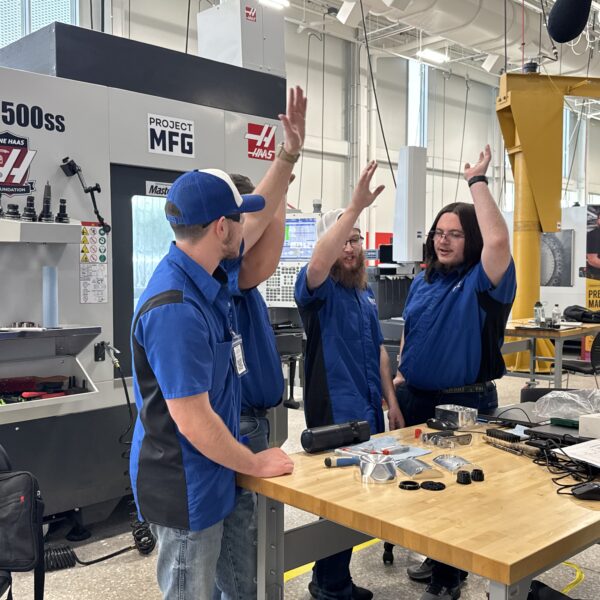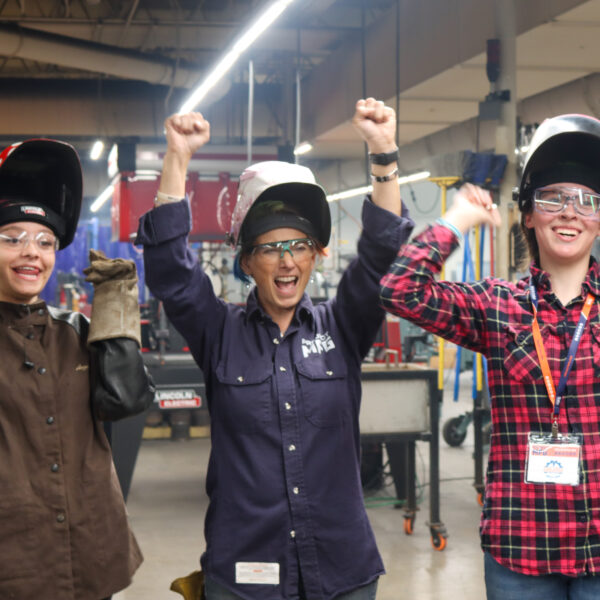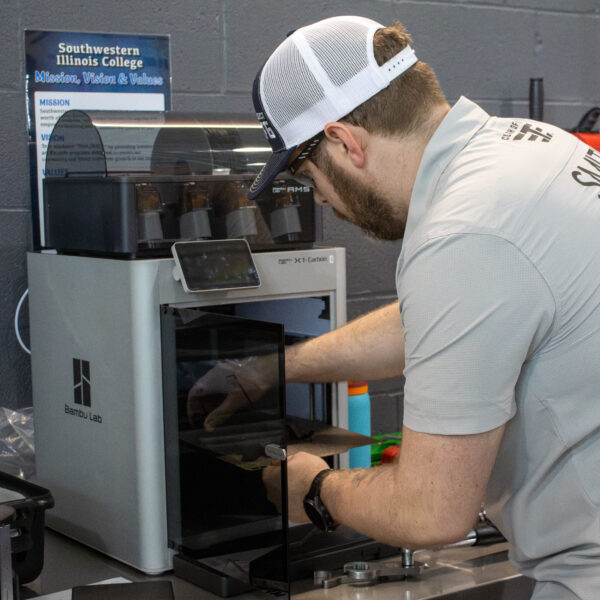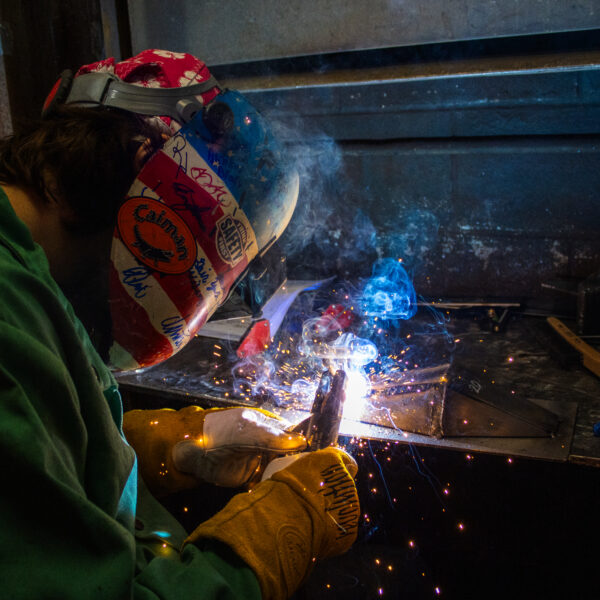Welcome to the Blog
Debunking 5 Commons Myths About The Skilled Trades
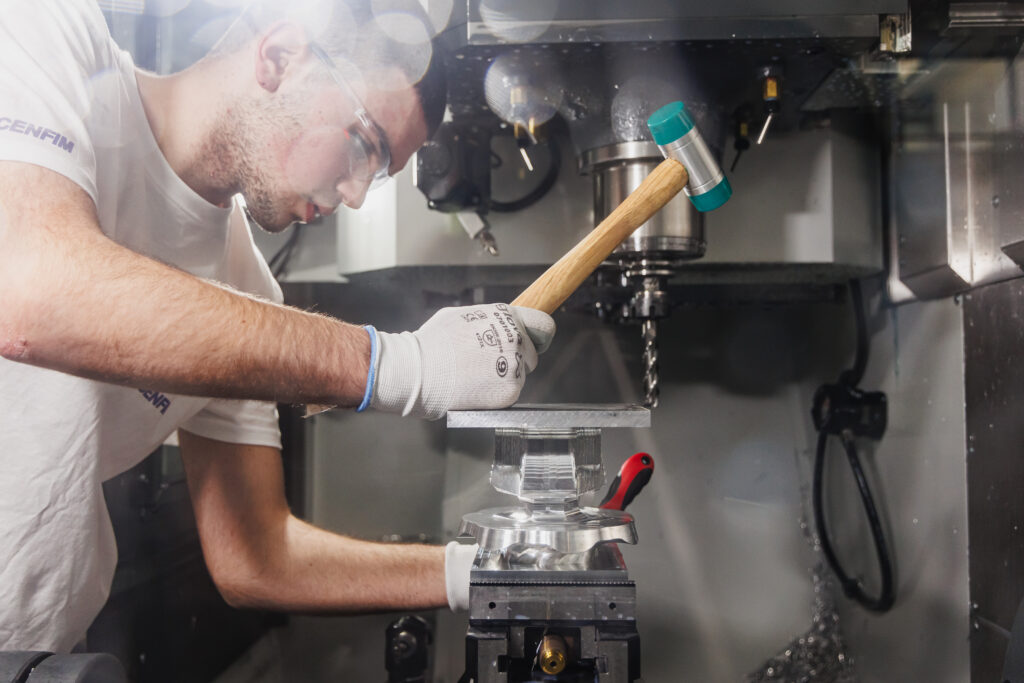
A lot of people feel put off by the idea of pursuing skilled trades when they think about their career options due to the misconceptions and stigmas that surround the industry. Whether it’s that these professions offer low pay, are only for those who had a tough time in school or struggled academically, or that these jobs don’t require any real skills. It’s unfortunate that these myths still exist because the skilled trades are among the most essential careers and play a vital role in keeping our world functioning smoothly!
To change the perception that skilled trades are less important than other professions, it is important to speak out and educate the people around us about the true value of these jobs. A great starting point is to debunk the widespread myths about skilled trades that are out there! So, we are taking the top five misconceptions about skilled trades professions and debunking them
Myth #1: Trade Jobs are Temporary & don't offer growth
Many people perceive trade jobs as just seasonal or contracted work. Although there are options for pursuing seasonal or contracted projects, many job opportunities in the trades offer long-term stability! There is a major need for skilled workers, especially in fields like construction, manufacturing, and maintenance. This growing demand comes from new technologies, infrastructure developments, and a growing focus for sustainable practices. Because of the constant demand for skilled trade workers, the industry can provide life-long, stable careers. There are also plenty of chances for people to move up, advance in their careers, learn new skills, and specialize in areas that pay better. For instance, experienced welders can take on roles like welding inspectors or supervisors, while machinists might become CNC programmers or tool and die makers, and more!
Myth #2: The trades don't pay well
According to Indeed.com, the average salary for a skilled laborer in 2025 in the United States is $20.78/hour (48,403/year). On top of that, there’s an estimated $5,813 extra made in overtime and benefits (e.g., paid time off, 401K, healthcare). Skilled trades not only offer competitive salaries but in some cases, can surpass the salaries of those careers requiring a college degree. It’s not uncommon for an individual to reach six-figure salaries, depending on the industry and experience.
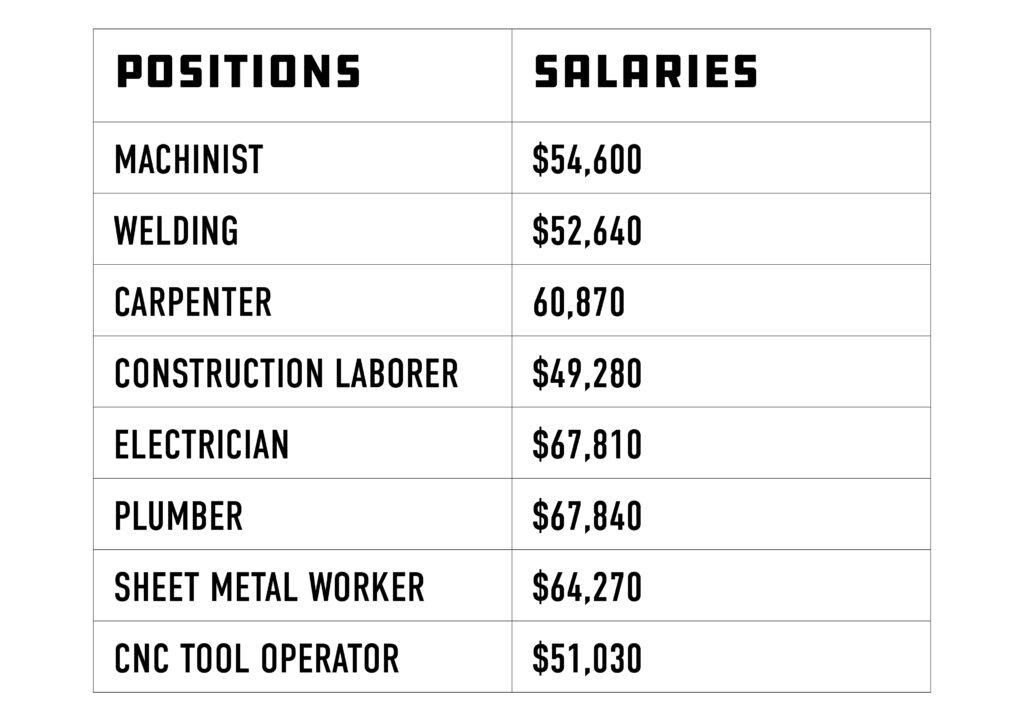
Myth #3: Trades dont require any real skill
Unfortunately, a major stigma about skilled trade jobs is that they are only for people who didn’t do well in school and should be a backup plan because it isn’t a “real” career option. We are here to say those couldn’t be further from the truth! In fact there are just 3 skills essential for a career in the skilled trades
- Technical Proficiency: Today, many careers in the skilled trades involve high-tech tools and the latest technology. It’s no longer just about getting your hands dirty; it is essential to have strong technical proficiency and an understanding of how various systems function. That’s why vocational training programs have evolved to include coursework in computer-aided design (CAD), robotics, and software programming. These programs aim to equip students with the skills needed to adapt to rapidly changing technologies and methodologies in their respective fields.
- Problem-solving skills: Skilled trades professionals often encounter unexpected challenges on the job and must have the ability to think quickly to find solutions. Whether it involves finding a workaround for a malfunctioning piece of equipment, adapting to unexpected weather conditions at a construction site, or troubleshooting a complex electrical issue, these professionals rely on their experience, creativity, and knowledge to overcome obstacles. This adaptability not only ensures the successful completion of projects but also enhances safety and productivity.
- Communication Skills: In the trades you need to be able to thoroughly communicate with team members, supervisors, clients, and more. Good communication is key for understanding what the project goals are, keeping everyone updated on progress, and tackling any problems that pop up.
Myth #4: the trades are only for men
The skilled trades industry has traditionally been a male-dominated space, but that’s changing for the better! Women are starting to make a big impact and break down those old stereotypes. With about 400,000 new jobs on the horizon over the next eight years, there are tons of opportunities for everyone! Many organizations, like the National Association of Women in Construction (NAWIC), and Weld Like a Girl are stepping up to support women in this field. They offer wonderful networking, mentorship, and advocacy resources to help women thrive in their careers. It’s an exciting time to be part of the skilled trades!
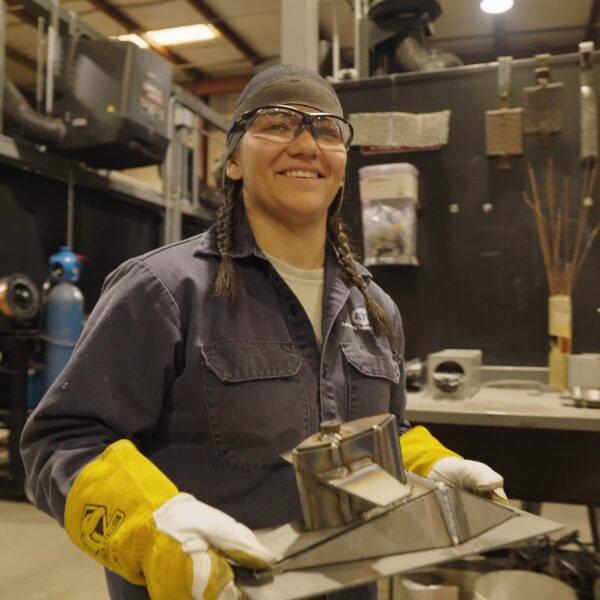
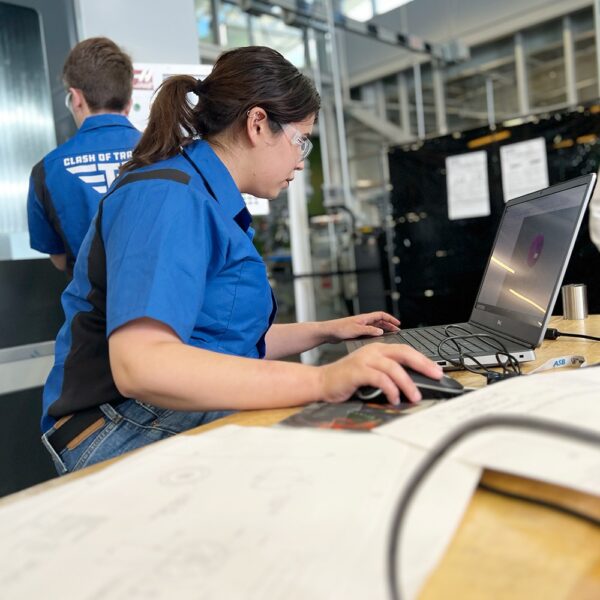
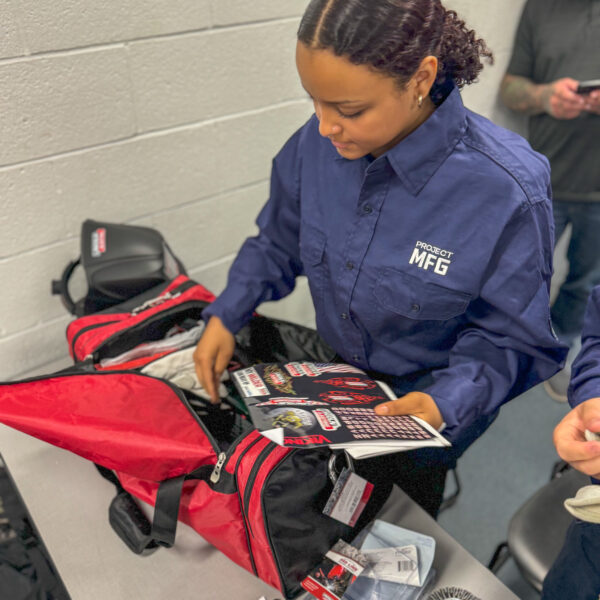

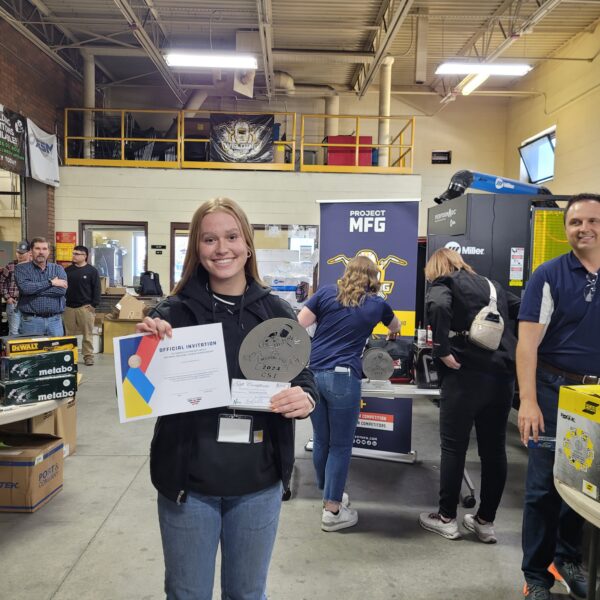
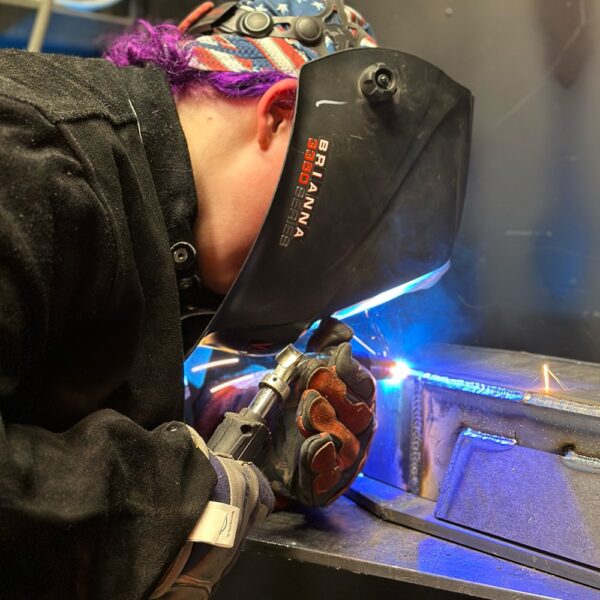
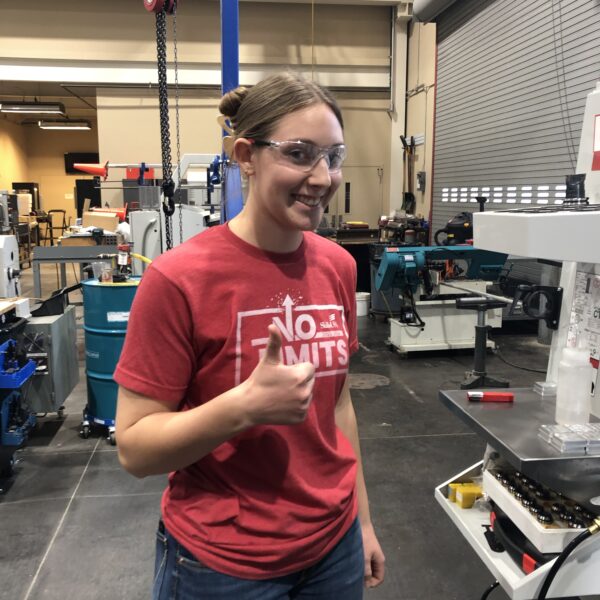
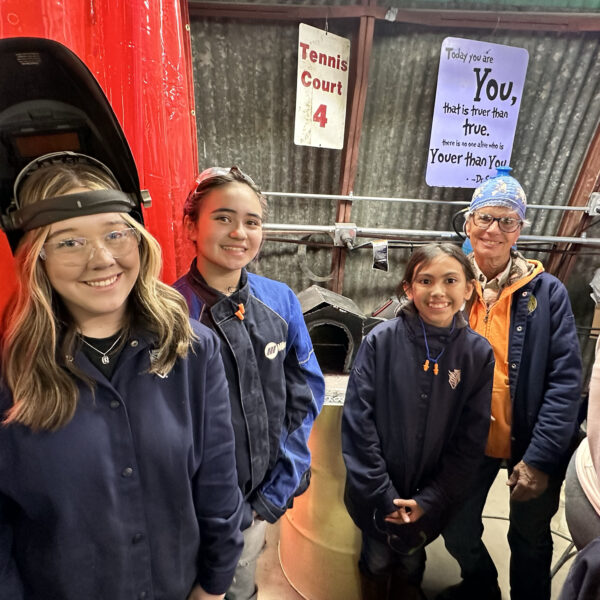
Myth #5: Skilled Trade Jobs are Physically Demanding
A common misconception about skilled trades is that every job in the industry is physically demanding. While many jobs were indeed labor-intensive in the past, advancements in technology have transformed these positions and expanded opportunities within the field.
Today, many skilled trades involve sophisticated machinery, precision tools, and digital technology, requiring a different set of skills focused on problem-solving, technical knowledge, and innovation. For example, electricians now work with smart home systems, HVAC technicians manage energy-efficient systems, and mechanics use computer diagnostics to troubleshoot vehicle issues. These advancements not only make the work less physically demanding but also provide avenues for career growth and specialization.
Sources:
Thomas. (2024, November 27). Trade School Careers: Why Trade Schools result in high-demand jobs. InterCoast Colleges. https://intercoast.edu/articles/trade-school-careers-why-trade-schools-result-in-high-demand-job-opportunities-for-its-graduates/#:~:text=The%20U.S.%20economy%20is%20experiencing,declining%20interest%20in%20trade%20careers.
Debunking 10 common myths about the skilled trades: All Trades Staffing Services. All Trades Staffing Services LLC. (2024, March 1). https://www.alltradestemp.com/myths-about-the-skilled-trades/
Debunking common myths about skilled trades. CDCG. (n.d.). https://www.cascade-cdc.com/debunking-skilled-trades-myths/
Shockney, H. (2023, January 3). 5 essential skills for a successful career in the skilled trades. West Virginia Women Work. https://westvirginiawomenwork.org/5-essential-skills-for-a-successful-career-in-the-skilled-trades/
Source, I. (2023, August 24). Skilled trade career myths. Technical Education Post. https://www.techedmagazine.com/skilled-trade-career-myths/

